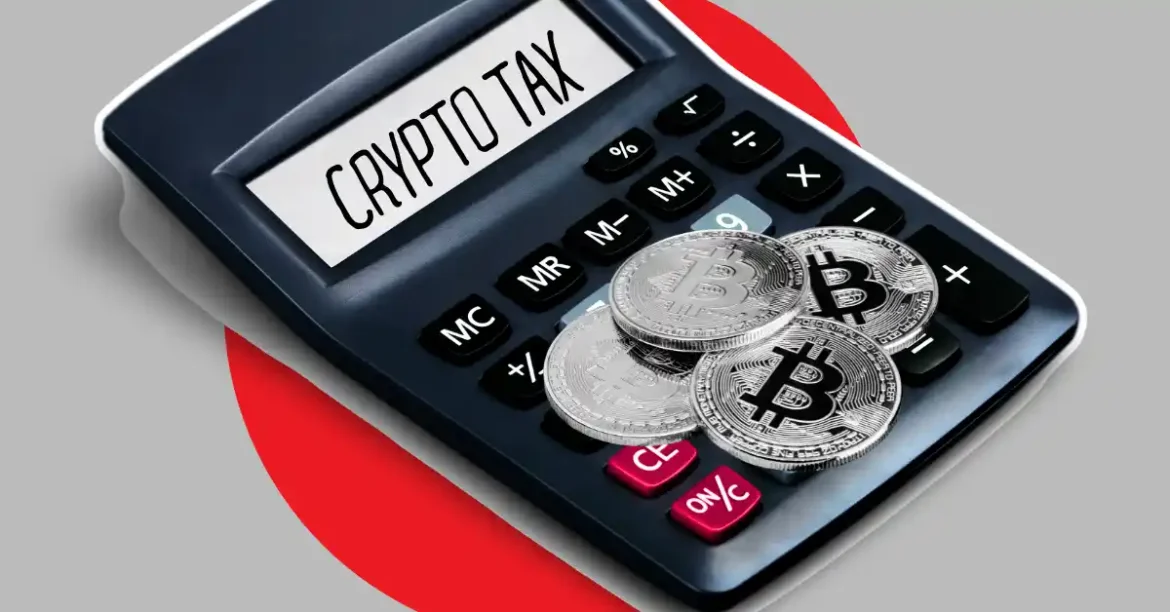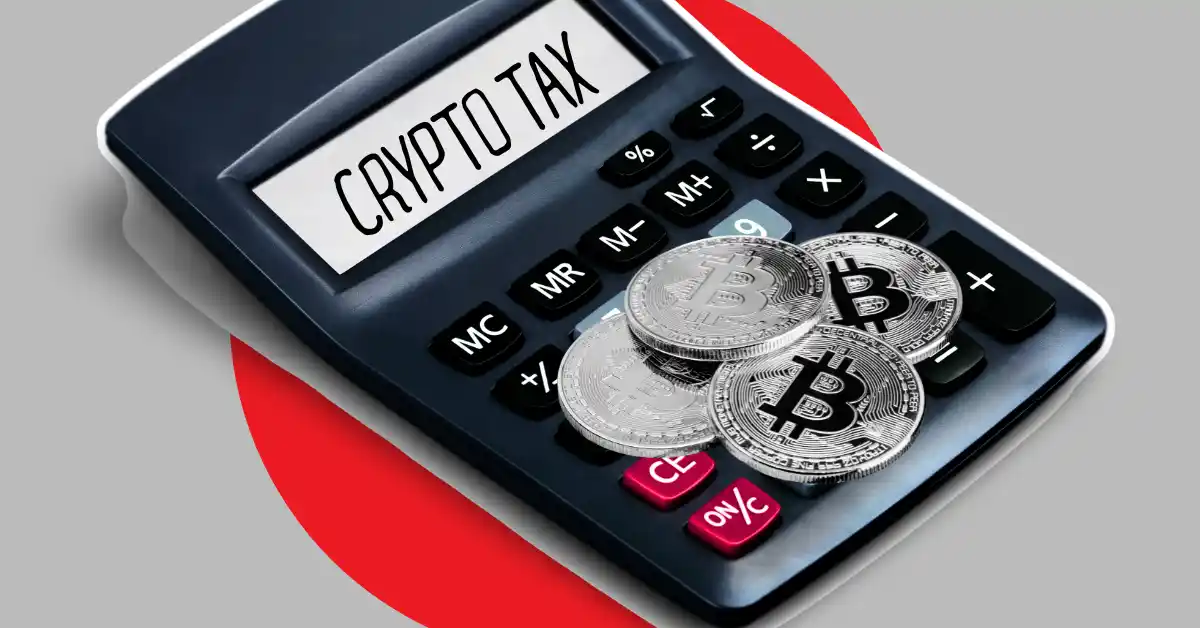The cryptocurrency market, once a refuge of anonymity and decentralized freedom, is undergoing a seismic transformation in terms of regulatory oversight. Central to this shift is the impending introduction of Form 1099-DA, a new IRS reporting requirement that will significantly increase transparency around digital asset transactions. Set to take effect for the 2025 tax year with forms issued early in 2026, this change underscores the IRS’s growing commitment to policing crypto tax compliance—a move that has already begun to unsettle many investors and participants within the cryptocurrency community.
Cryptocurrency transactions have historically presented a unique challenge for tax authorities. The decentralized and pseudonymous nature of digital currencies combined with a lack of clear and consistent regulatory guidance made tax reporting a murky and often ignored area. The IRS, however, has not remained passive; over recent years, the agency has progressively tightened its grip, issuing clarifying guidance and embedding cryptocurrency questions into tax forms such as the 1040, which asks taxpayers to disclose if they engaged in any crypto transactions during the year.
The introduction of Form 1099-DA marks a significant escalation. Unlike before, when taxpayers bore primary responsibility for reporting, this form requires digital asset brokers—entities facilitating the trading of cryptocurrencies—to report gross proceeds from sales and exchanges directly to the IRS, as well as provide copies to taxpayers. This structured reporting will provide the agency with a comprehensive data set that was previously unavailable or fragmented, enhancing its ability to detect underreporting or non-compliance effectively.
This regulatory tightening is already evident from the recent issuance of IRS letters bearing codes 6173, 6174, and 6174-A. These letters represent informational notices designed to not only alert taxpayers to potential discrepancies detected by the IRS but also to encourage voluntary correction before matters escalate. Among these, Letter 6173 has attracted the most attention—it prompts recipients to review and reconcile their reported income against third-party data, which may include records from crypto exchanges. While receiving such a letter is not an immediate trigger for an audit, it signals that the IRS has identified anomalies warranting attention. Experts caution taxpayers to seek professional tax advice before responding to these notices to avoid inadvertently waiving rights or complicating their tax situation.
Delving deeper into Form 1099-DA reveals a fundamental shift in reporting dynamics. Historically, taxpayers manually tracked their cryptocurrency capital gains and losses, a task complicated by the volatile and multifaceted nature of digital assets. With 1099-DA, brokers will carry a greater burden of reporting transaction data. The form will report gross sale proceeds and potentially include cost basis information—a development likely to roll out in phases—improving data accuracy and taxpayer transparency. The IRS currently exempts some transactions from this reporting requirement as further guidance is developed, but centralized exchanges will largely fall under the new mandate. This standardized reporting reduces ambiguity and increases the agency’s ability to cross-verify taxpayer submissions against broker data.
The rollout of Form 1099-DA brings inevitable challenges. Cryptocurrency’s complex ecosystem, with its diverse transaction types and participants, raises the risk of reporting errors. Additionally, political factors may influence the enforcement timeline. Notably, speculation around policy changes under the then-upcoming Trump administration suggested potential delays or alterations to 1099-DA implementation, contributing to uncertainty among taxpayers and regulators alike. Moreover, IRS Notice 2024-57 highlights ongoing refinement by exempting certain transactions from reporting until more detailed regulations emerge, reflecting the nascent and evolving nature of crypto tax regulation.
Beyond individual returns, crypto taxation intricacies extend into estate planning and decentralized finance (DeFi). Estate professionals now face complex challenges determining accurate fair market values and cost bases for digital assets at death, given their fluctuating valuations and sometimes limited transaction history. DeFi platforms, operating outside traditional broker frameworks on decentralized exchanges (DEXs), complicate tax compliance further as they often lack structured reporting mechanisms. The IRS acknowledges these challenges and is exploring ways to tighten oversight, but the regulatory environment for DeFi remains fluid and underdeveloped.
Crypto investors should be alert to potential audit triggers in an era of intensified IRS scrutiny. Discrepancies between reported income and third-party records, unusually large or atypical transactions, or failure to report all taxable events can attract closer IRS examination. Even informational IRS letters deserve serious attention. Common pitfalls include incomplete reporting of crypto income, errors in calculating gains and losses, and inadequate record keeping. Maintaining meticulous documentation—detailing transaction dates, amounts, and cost basis—is essential to substantiate compliance and navigate potential audits.
Form 1099-DA symbolizes the IRS’s evolution toward a data-centric, proactive enforcement stance in cryptocurrency taxation. As technology enables better detection of non-compliance, taxpayers cannot simply hope to avoid scrutiny. Instead, embracing a proactive approach—meticulously tracking transactions, engaging knowledgeable tax professionals, and staying current with regulatory updates—is vital for minimizing risks. With the shadow of Form 1099-DA looming, the IRS is definitively signaling its readiness to rigorously enforce tax rules within the crypto market, marking a new chapter in the intersection of digital assets and taxation.





